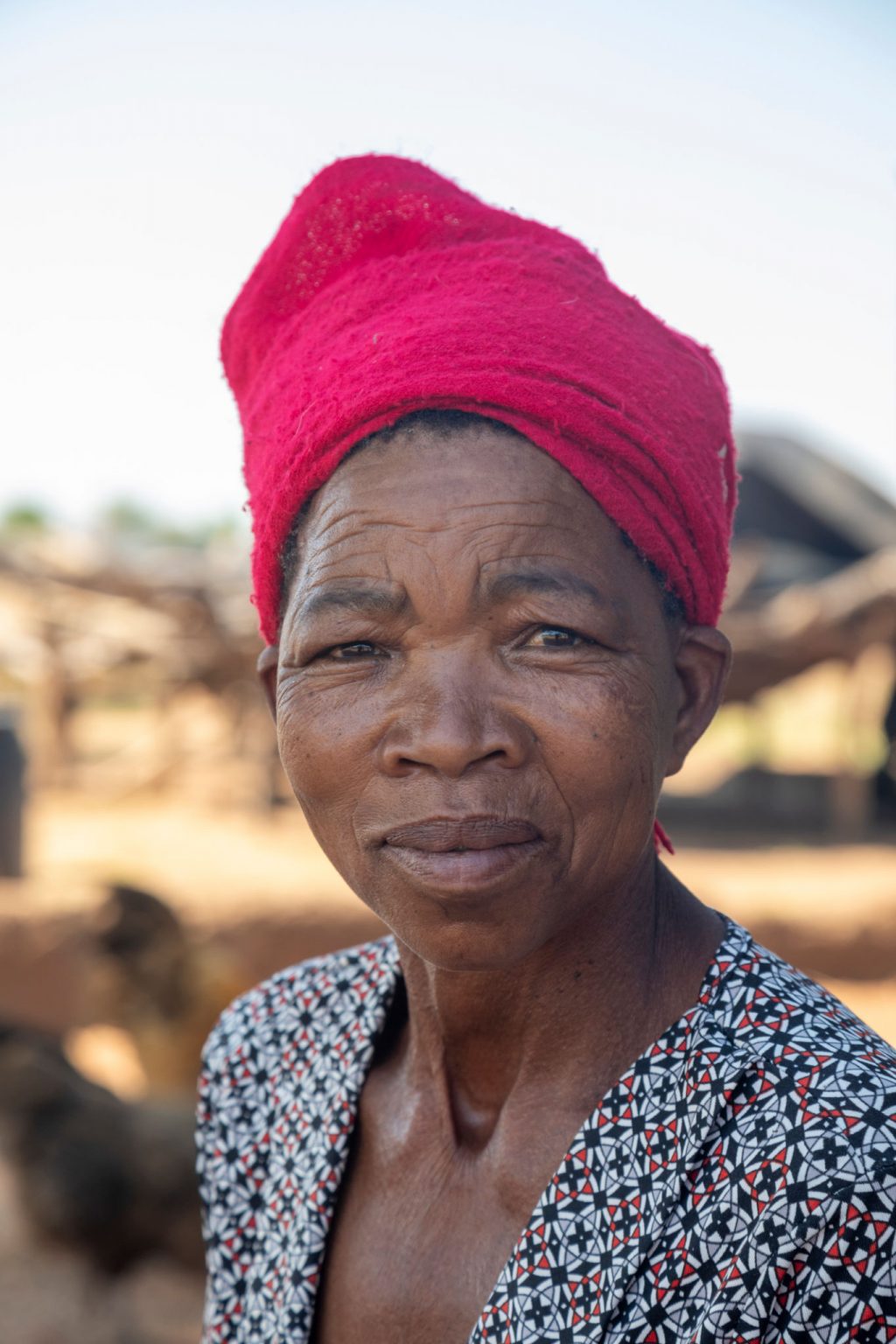From Giakanga to King’ong’o, Sadiki’s Ubora maize flour is widely regarded as the best quality maize flour in the Nyeri region of Kenya. Restaurants, households and even traders contact Sadiki on an almost daily basis to buy some Ubora flour. There is a popular saying that the best ugali in Nyugali is made with Ubora flour.
Sadiki has owned the same shop in Gitathini with her sisters for the last 15 years.

Sadiki has bought maize from the same farmers and used the same processing machine for the last 15 years. She has built a loyal customer base, and her suppliers know exactly what Sadiki needs when she needs it. The secret to Sadiki’s success is simple: consistency. The same people, the same product, at the same time for 15 years.
While consistency has helped Sadiki grow her business in the last 10 years, her loyalty and circle of supply and production has created a massive barrier to scaling her business. It is common knowledge that there is demand for Ubora flour in other regions of Kenya, and while travelers and other businesses have continually told Sadiki that she should sell her flour to more regions and make more money, Sadiki has consistently refused these offers because she is afraid of the impact that growth will have on her business.
Sadiki operates her business with knowledge. Sadiki knows the 28 farmers who supply her a total of 950 magunia of maize every three months. She knows her processing plant manager and her farmers know the kind of maize Sadiki can buy. 950 magunia is always enough to meet the demands of all her buyers, and so far, her business has thrived on the originality and quality of her flour. That is what Ubora flour is; quality because Sadiki knows.
Expanding her business provides too many unknowns for Sadiki. She does not know where most of the buyers are. She does not know how much it will cost to transport her flour to other regions. She does not know the prevailing prices in other markets. These are just the unknowns in selling. What about the increased demand? Where will she find farmers that will give her the quality of maize she needs to keep the Ubora brand? What about processing? How much will she have to pay these new farmers? What happens when the farmers don’t supply enough?
The answer to Sadiki’s questions lies in the data provided by market activities. Around Nyeri and Ihururu, over 1,500 farmers produce maize at the quality that Sadiki needs; they transact on a weekly to monthly basis and have built systems that allow them to supply over 5,000 magunia of maize to businesses across the country. Buyers in Nakaru will pay over 1.5 times more for flour of the Ubora quality because most of the buyers are retailers and businesses. This information is generally simply processed by monitoring how markets in Nakaru operate. However, with this data, there is no simple way of providing Sadiki and the thousands of traders like her with this information. This is where we come in.
If we can curate and manage this data, we can build a system where business owners like Sadiki can grow from 950 magunia to 5,000 magunia because they have accurate data. Investors can see the potential for Ubora’s growth and the information from our indegenous businesses can grow the potential of our continent.
We know that Sadiki’s story is still being written. We want to join her to write the next chapter.

